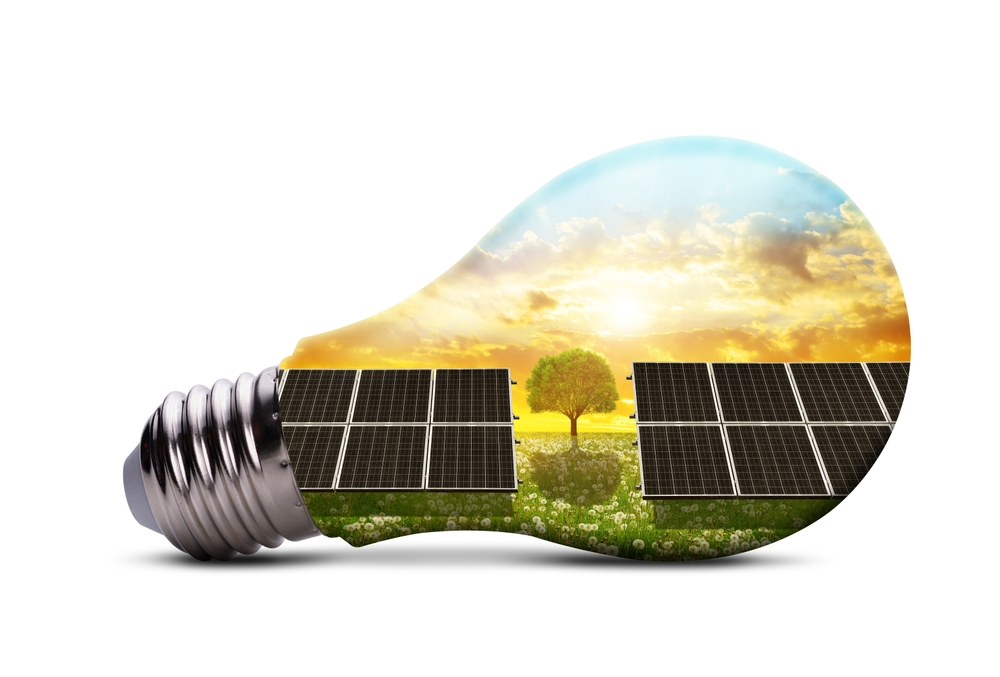Llewellyn Kinch confronts common perceived problems with solar energy
Solar energy recently made headlines when Bloomberg revealed that the seven largest solar companies in the world, all located in China, have overtaken the world’s seven biggest fossil fuel producers in terms of energy provision, including Exxon Mobil, Shell, and BP.
The revelation highlights the swift and extensive global shift towards solar energy adoption. In the UK alone, solar output is projected to increase by almost 350%, from 15.7GW in 2024 to 70GW by 2035, with solar panels currently installed in 1.28 million UK homes.
Despite this progress, there are several pervasive myths surrounding solar energy and solar panels that might be holding many back from adopting solar into their home, or from even considering it.
Llewellyn Kinch, CEO of solar platform MakeMyHouseGreen.com, addresses five prevalent myths about solar energy, offering his expert viewpoint challenging the usual narratives.

1. Myth: Solar Panels Do Not Work in Cloudy or Cold Climates
Reality: Solar panels function efficiently in diverse climates, including cold and cloudy ones. While they perform best in direct sunlight, they can harness power even on overcast days. Kinch adds, “cooler temperatures often enhance their efficiency, as heat can decrease it.”
2. Myth: Solar Panels are Too Expensive
Reality: “The cost of solar panels has actually been significantly decreasing, making them more affordable for homeowners and businesses,” Kinch says. Advances in solar technology and industry growth have led to large reductions in consumer costs. A typical 3.5kW installation now costs on average £7000.
The real cost reduction comes in the form of substantial savings on electricity bills in the long run. Expect to save £440 to £1,005 per year, breaking even after around 12 years with a system lasting for at least 25.
3. Myth: Solar Panels Require Constant Maintenance
Reality: Solar panels generally require minimal maintenance. Regular cleaning to remove dust, dirt, and other debris is usually sufficient to keep them in working order. As Kinch explains, “Most solar panels come with warranties, typically lasting for 25 years, assuring the performance and durability of the panels.”
4. Myth: Solar Energy is Not Really “Green” Due to Manufacturing Processes
Reality: While it’s true that the manufacturing, transportation, and installation of solar panels have environmental impacts, the overall environmental benefits of using solar energy far outweigh these initial impacts.
“The initial environmental impacts are outweighed by their long-term benefits, such as reducing greenhouse gas emissions,” Kinch explains. “They produce clean, renewable energy, and their energy payback time is usually one to four years, depending on the panel type and installation location.”
5. Myth: Solar Panels Will Not Generate Enough Energy to be Worthwhile
Reality: A properly specified and installed solar system can meet most of a household’s or business’s electricity needs. Energy output depends on panel efficiency, sunlight received, and system size. Technological advances have produced more efficient panels, enabling better power generation even in less sunny conditions.
Kinch concludes, “Numerous misconceptions persist about solar energy, but many are either outdated or just plain wrong. To pave the way for a more sustainable future, we must confront and correct these beliefs.”
The Guide to Choosing Window Experts for Your Sash Installation